Industry and Trade Newspaper provides readers with an overview of the Vietnam Trade Office in Iran (concurrently in charge of Syria and Iraq).
The Vietnam Trade Office in Iran (also in charge of Syria and Iraq) is an agency under the Ministry of Industry and Trade, representing Vietnam's economic, trade and investment interests in the Islamic Republic of Iran and two other countries, Syria and Iraq. As a bridge between the government and the business community, the office carries out the task of promoting bilateral economic cooperation, supporting businesses in seeking investment and business opportunities in these markets.
The structure of the Vietnam Trade Office in Iran (also in charge of Syria and Iraq) includes specialized staff from the Ministry of Industry and Trade and a number of on-site contract staff. The staff are highly trained in economics and trade, and have experience working in international markets. This structure ensures that the Trade Office operates effectively, meeting the requirements of promoting trade and investment between Vietnam and the Middle East region.
Vietnam and Iran have a long-standing friendly relationship. People-to-people exchanges began more than 1,000 years ago when Persian merchants came to do business and trade in Vietnam, opening the door for cultural exchanges between the two peoples.
The relationship between Vietnam and Iran became even closer when the two countries officially established diplomatic relations on August 4, 1973. Just two days after the victory of the Islamic Revolution, on February 13, 1979, Vietnam sent a congratulatory message and recognized the Islamic Republic of Iran. In 1991, Iran opened an embassy in Hanoi. In 1997, Vietnam opened an embassy in Teheran.
Political and diplomatic relations between the two countries have had positive developments in all channels of State diplomacy, National Assembly diplomacy and people-to-people diplomacy. Economic and trade cooperation between the two countries has been continuously promoted, achieving positive growth.
The connection between Vietnam and Iran is also demonstrated through the signing of many agreements and cooperation agreements between the two sides, such as: General agreement on economic, cultural and scientific-technical cooperation (1993); Trade agreement (1994), Cultural cooperation agreement (1995); Agreement on consultation and cooperation between the two Ministries of Foreign Affairs (2000); Air transport agreement (2001); Commercial maritime transport agreement (2002); Investment promotion and protection agreement; Memorandum of understanding on cooperation in the field of fisheries between the Ministry of Agriculture and Rural Development of Vietnam and the Ministry of Agriculture of Iran; Memorandum of understanding on cooperation in the field of culture; Agreement on avoidance of double taxation; Agreement on cooperation and mutual administrative assistance in the field of customs; Memorandum of understanding on cooperation in technology, research and education (October 2014); Visa exemption agreement for official passport holders (2016)(11)... The above agreements, documents and arrangements are important legal bases, creating conditions for the two countries to promote substantive cooperation, especially in some important areas, such as economy - trade, culture...
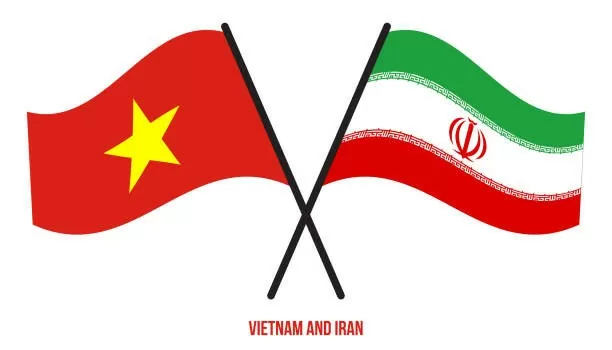 |
| The Vietnam Trade Office in Iran (also in charge of Syria and Iraq) plays a major role in supporting businesses in seeking investment and business opportunities in these markets. Photo: Istock |
Cooperation mechanisms, such as political consultations at the deputy foreign minister level and the Intergovernmental Committee, have been effectively maintained by the two countries. The two sides also closely coordinate and support each other at regional and international multilateral forums. During a meeting on the sidelines of the 76th Session of the United Nations General Assembly (September 2021), Iranian Foreign Minister Hossein Amirabdollahian "thanked Vietnam for its principled stance on Iran at the United Nations". Iran values its traditional friendly and cooperative relationship with Vietnam, supports Vietnam in integrating into the region and the world, and supports Vietnam's candidacy for the position of non-permanent member of the United Nations Security Council for the 2020-2021 term...
Regarding economic cooperation, although Vietnam and Iran officially established diplomatic relations since 1973, economic cooperation between the two countries only really began in the early 1990s of the 20th century, when Vietnam stepped up its national renovation and expanded economic cooperation with many countries around the world.
After many decades, trade is considered one of the bright spots in the relationship between the two countries. Two-way trade turnover tends to increase.
In 2001, the total two-way trade turnover only reached 6.5 million USD, by 2018, this figure had reached over 100 million USD. However, since 2018, due to the US re-imposing sanctions on Iran, import and export activities between Vietnam and Iran have mainly been carried out through third parties.
In 2021, bilateral trade turnover reached 124.5 million USD. In 2022, two-way trade turnover reached more than 100 million USD, and in the first 3 months of 2023, it reached 21 million USD. The two countries are striving to increase two-way trade turnover to about 2 billion USD in the coming time.
In the commodity structure, Vietnam mainly exports to Iran agricultural and aquatic products such as: pepper, cashew nuts, tea, coffee, seafood, in addition to some natural rubber products, vegetables, fruits, seafood, footwear, handicrafts, wood products... and imports from Iran products such as plastic products, petroleum products, rubber, base metals, pharmaceuticals...
Agricultural products of Iran and Vietnam are complementary to each other. Iran's strong export products such as saffron, dates, cherries, strawberries, pomegranates, and pistachios are not available in Vietnam or are available in small quantities. On the contrary, Vietnamese products such as tea, coffee, cashews, and pepper exported to Iran are well consumed. It can be said that Vietnamese products are of good quality and are popular with Iranians, typically tea and coffee.
Currently, exporting goods to Iran is still difficult due to the embargo, Iran always strengthens protection of domestic products. Therefore, there will be times during the year when Iran bans imports or increases import taxes on certain items that domestic enterprises can produce themselves. In addition, payment between Iran and foreign partners is also difficult because Iranian banks are prohibited from international transactions. Normally, the parties will have to pay through intermediaries (third countries) such as Dubai, Türkiye, Oman... leading to increased costs in export.
For Syria and Iraq, despite the impact of conflict, Syria and Iraq are still potential markets with demand for infrastructure reconstruction, construction, energy, and agricultural and consumer products. Vietnamese businesses can take advantage of this opportunity to provide goods and services, contributing to building a sustainable bilateral relationship.
It can be seen that the Middle East region in general and Iran, Syria, Iraq in particular have unique cultural, legal and business environment characteristics. The deal plays an important role in supporting Vietnamese enterprises to understand these challenges and exploit the market potential with appropriate strategies.
The Vietnam Trade Office in Iran is a pioneer in promoting economic cooperation with Middle Eastern countries. With the support of the Trade Office, Vietnamese enterprises have the opportunity to expand their markets, diversify their business activities and build sustainable partnerships in this region.
Vietnam Trade Office in Iran (Concurrently in charge of Syria, Iraq) Third Secretary, Head of Trade Affairs Nguyen Thanh Long Phone: +98 930 246 7042 Email: [email protected]; [email protected] |
Source: https://congthuong.vn/tong-quan-ve-thuong-vu-viet-nam-tai-iran-kiem-nhiem-syria-va-iraq-366359.html




![[Photo] Prime Minister Pham Minh Chinh chairs conference on anti-smuggling, trade fraud, and counterfeit goods](https://vphoto.vietnam.vn/thumb/1200x675/vietnam/resource/IMAGE/2025/5/14/6cd67667e99e4248b7d4f587fd21e37c)



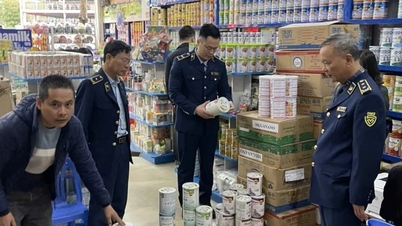





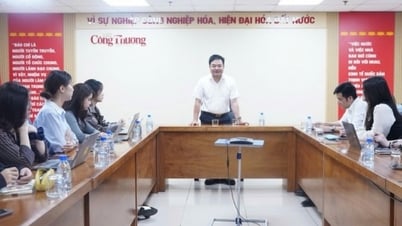
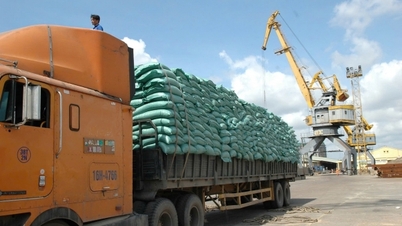
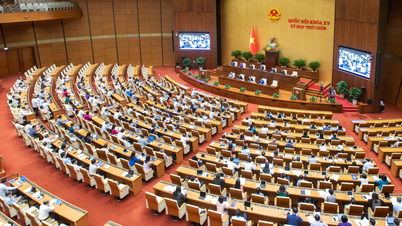
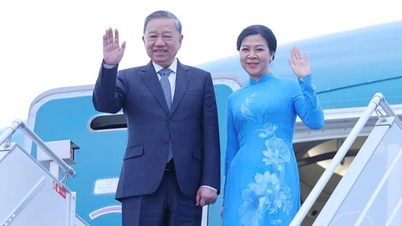


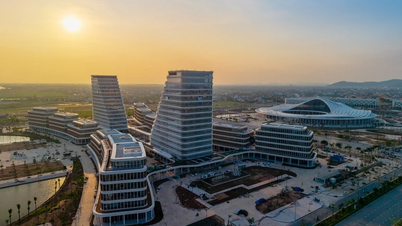









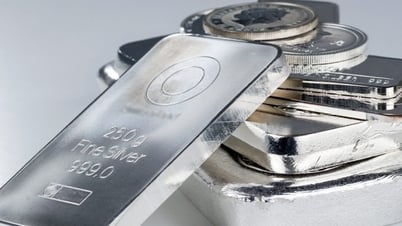
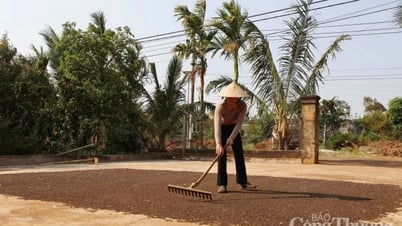
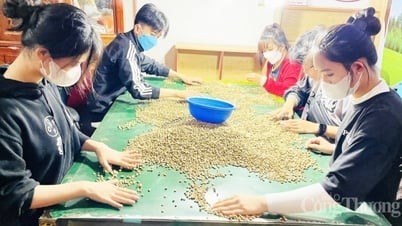

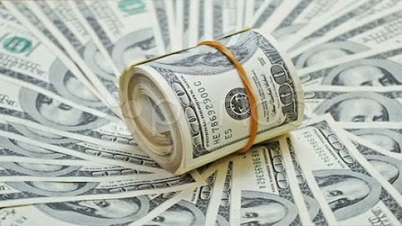
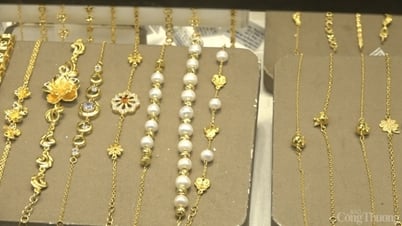












































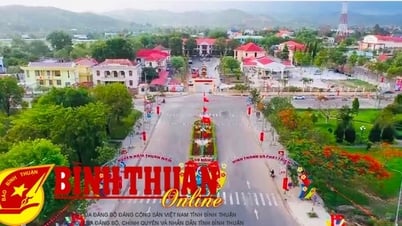

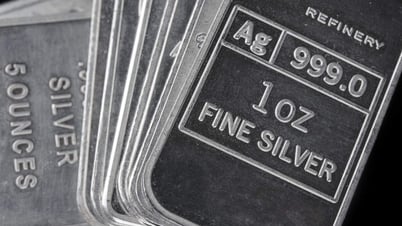
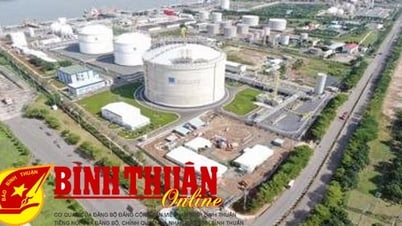
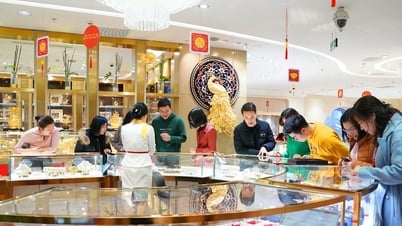
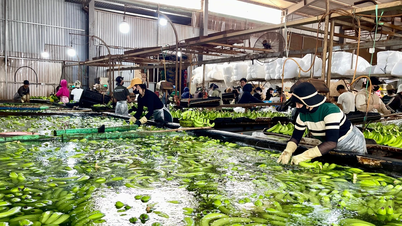
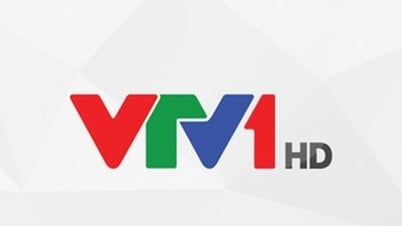









Comment (0)